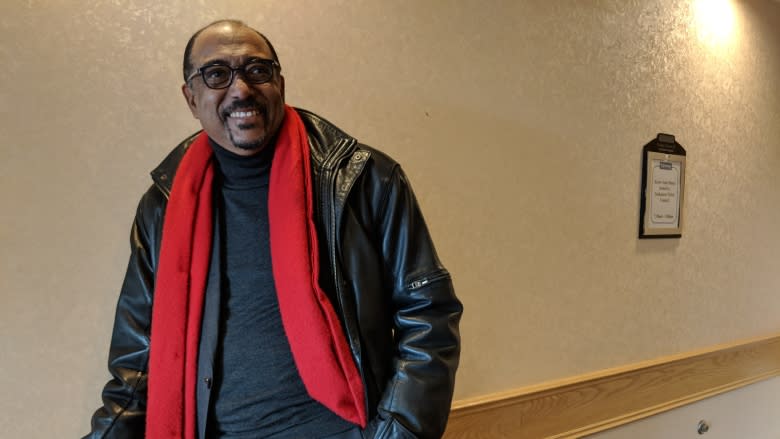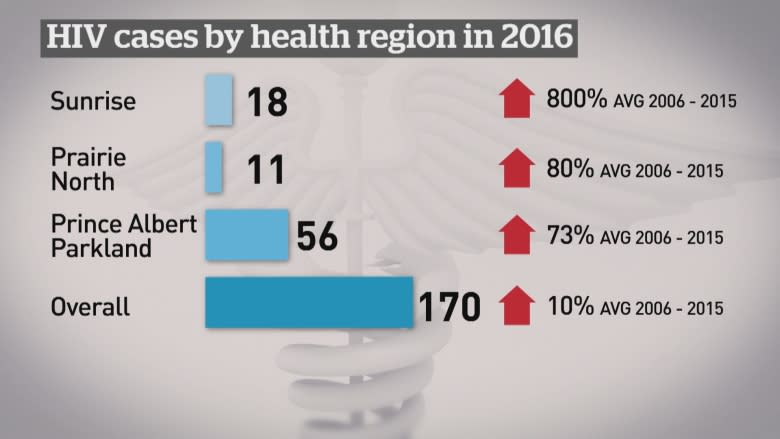United Nations rep. surprised by 'lack of trust' between Indigenous community and Sask. authorities
The head of the United Nations branch dedicated to ending AIDS globally says the biggest surprise from his visit to Saskatoon this week was the "lack of trust" between Indigenous people and authorities.
Michel Sidibé is the executive director of UNAIDS and under-secretary general of the United Nations.
He was in Saskatoon on Monday and Tuesday for a conference about HIV in Saskatchewan, where rates of the virus are the highest in Canada.
'Shocking' disparity
He said the problem in Saskatchewan is serious and the level of disparity he saw was "shocking."
"The biggest surprise for me is the lack of trust … between the First Nations people and maybe administration, maybe services providers," said Sidibé.
"It would be maybe a perception but if it is a perception so strong we need to pay attention."
The Know Your Status conference was organized by Saskatoon Tribal Council Health and Family Services.
Sidibé visited the Saskatoon Tribal Council health centre and a needle exchange centre.
Harrowing youth stories
He met young people during his visit.
"I was shocked. They were telling me … 'I don't need to go to school because I will not even have a job,'" said Sidibé.
"And when I ask about the parents [they said], 'I don't have parents anymore. My mom passed away because drugs, alcohol, HIV, and my sister just died .. a few months ago."
Saskatchewan has the highest rates of HIV in Canada, with 2,090 cases reported between 1985 and 2016.
Of the 170 new cases of HIV in the province in 2016, 79 per cent self-identified as Indigenous.
UN rep. plans to write to ministers
Sidibé plans to write to the federal and provincial governments to suggest communities come together for a "frank discussion" on how to address HIV.
He said the province needs a process to build trust and help with healing for people who feel disenfranchised.
"For me the most important message is to build a bridge between them and those communities and make sure that services could be made available," he said. "And create a mechanism where communities themselves will be around the table with helpful leaders and others to discuss the way forward."
More urgency needed
Sidibé has spoken to federal Indigenous Services Minister Jane Philpott, who he said is looking for opportunities to reduce HIV rates.
He believes leaders are willing to facilitate these changes but they have yet to create an effective framework for communicating.
Sidibé added that a plan with a "sense of urgency" is still needed.



